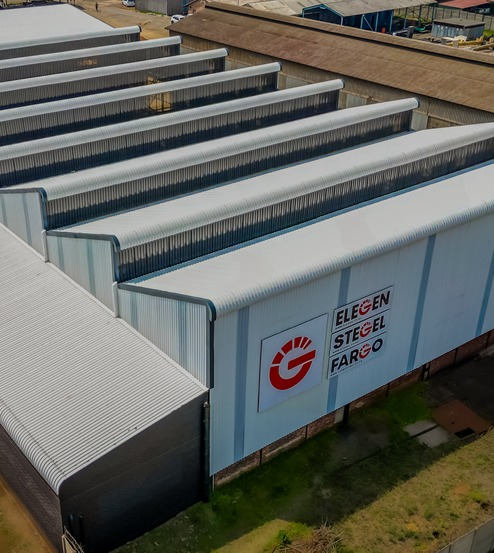hybrid system
SMART ENERGY CONTROL SOLUTIONS
ELEGEN™ PROVIDES innovative Control Solutions to businesses for smart and sustainable power generation and energy management.
We are adept at curtailment requirements, integrating power solutions that balance between the ESKOM /grid, solar, wind, and generator sources, to allow for adapting to South Africa’s energy landscape.
With our Hybrid Energy Smart Solution we effectively integrate generators, renewables and energy storage to ensure the reliability of traditional power generation systems and, at the same time reduce energy costs, extend fuel supplies, reduce your environmental impact and provide greater energy resilience.
Hybrid Power System — Key Features
- Balanced Power Management: Dynamically shifts between solar, diesel, and grid supply to maintain rock-solid energy flow – no dips, no downtime.
- Intelligent Load Sharing: Smart distribution of load across energy sources to prevent overload, cut fuel waste, and extend equipment life.
- Advanced Control & Monitoring: Full visibility and fine-tuned control via digital interfaces – manage power flows, battery cycles, and generator sync with precision.
- Seamless System Integration: Easily connects to existing infrastructure, whether you’re upgrading a site or building a hybrid system from scratch.
- Optimised Energy Efficiency: Automatically prioritises the most cost-effective energy source, reducing OPEX without sacrificing uptime.
- Grid Code-Compliant Export Control: Built for South African regulations – safely push excess energy back into the grid with full compliance and control.
Why Now Is the Time to Switch to a Hybrid System
Load shedding isn’t going anywhere, and every outage is costing your business more than just productivity. Whether it’s lost revenue, equipment damage, or interrupted operations, the risk is real. Elegen’s hybrid power systems are designed to give South African businesses control, reliability, and peace of mind.
We offer fully tailored setups that combine solar, diesel generators, and three-phase backup, ensuring you stay online when others can’t. Speak to our team today and get a solution built around your exact needs.
Talk to ELEGEN™ today about our Turnkey Generator
& Power Solutions.
Quick Enquiry

Embracing Hybrid Energy Solutions for Reliable Power
Businesses today face unprecedented challenges in maintaining consistent power supply, especially in regions with ageing municipal infrastructure. Hybrid energy solutions have emerged as a reliable answer to these challenges, combining diverse energy sources to ensure uninterrupted operations. By integrating solar power, diesel generators, and three-phase generators, businesses can effectively combat load curtailment and voltage fluctuations, preserving operational integrity and reducing downtime.
Why Hybrid Energy Solutions Matter
Hybrid energy solutions offer flexibility and resilience. They allow businesses to diversify their energy sources, reducing dependence on an unstable grid. For industries where even a few minutes of downtime translate to substantial financial losses, this approach ensures both reliability and cost-efficiency.
Solar power provides clean, renewable energy during the day, while diesel generators fill the gaps during outages or peak demand periods. Combining these with advanced systems like three-phase generators ensures consistent power flow, protecting sensitive equipment from disruptions caused by load curtailment or voltage fluctuations.
Read more…
